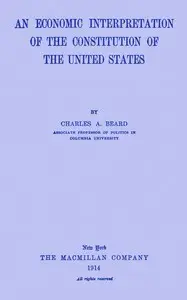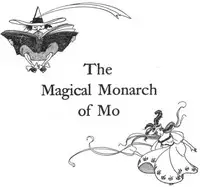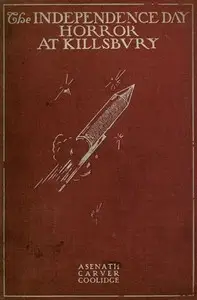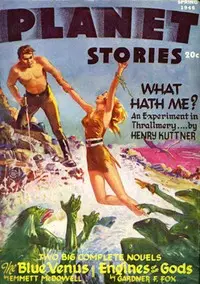"History of the United States" by Charles A. Beard and Mary Ritter Beard is a historical account written in the early 20th century. The book aims to provide a comprehensive and progressive approach to American history, highlighting the social, economic, and political aspects that shaped the nation. It sets itself apart from traditional narratives by omitting extensive accounts of exploration and battles, focusing instead on the development of American citizenship, culture, and governance. The opening of the book introduces the authors' perspective on American historical education, criticizing existing methods that often fail to impart a meaningful understanding of history to students. They propose a new approach that prioritizes topical discussions over mere narratives, emphasizing key themes and movements that have contributed to the country's identity. The initial chapters outline the conditions and motivations behind early colonization, including the roles of trading companies, religious congregations, and proprietary systems, setting the stage for a deeper exploration of the diverse peoples and influences that molded the United States. (This is an automatically generated summary.)

History of the United States
By Charles A. (Charles Austin) Beard
"History of the United States" by Charles A. Beard and Mary Ritter Beard is a historical account written in the early 20th century. The book aims to p...
Charles Austin Beard was an American historian and professor, who wrote primarily during the first half of the 20th century. A history professor at Columbia University, Beard's influence is primarily due to his publications in the fields of history and political science. His works included a radical re-evaluation of the Founding Fathers of the United States, whom he believed to be more motivated by economics than by philosophical principles. Beard's most influential book, An Economic Interpretation of the Constitution of the United States (1913), has been the subject of great controversy ever since its publication. While it has been frequently criticized for its methodology and conclusions, it was responsible for a wide-ranging reinterpretation of early American history.















